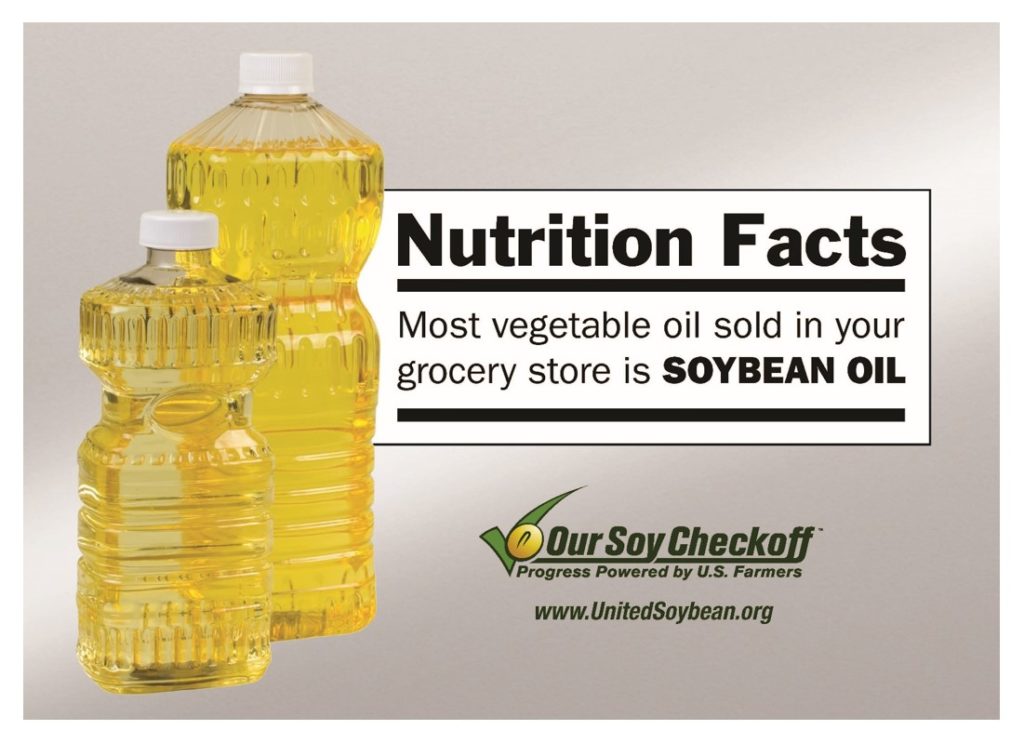- Oxidation (in a biological context) is the flow of electrons from elements like Hydrogen and Carbon to Oxygen
- Oxygen is very reactive. Chlorophyll took its electrons away and it would very much like to get them back.
- In metabolism – the oxidation of starch and fat – free radicals, notably superoxide, are produced from Oxygen. These free radicals are much stronger pro-oxidants than Oxygen. The family of pro-oxidants in biological systems are called Reactive Oxygen Species (ROS).
- Reactive Oxygen Species are important biological signals.
- Each human cell has a robust built-in antioxidant system to protect it from the damaging effects of ROS
- Antioxidants are electron donors
- pro-oxidants are electron acceptors (takers)
- ROS can be demonstrated to extend the life of nematodes
- Antioxidants can be used to shorten the life of those same worms
- Antioxidants can eliminate the benefits of exercising!
- ROS is the signal!
Thanks for checking out the intro series for Fire in a Bottle. Please check back! Here are the topics we’ll be covering as soon as possible:
- The role of ROS in obesity and diabetes
- The role of ROS in heart disease and cancer
- The effect of consuming highly-prone-to-oxidative-damage vegetable oils, aka polyunsaturated fats aka PUFA aka linoleic acid in a metabolism that uses ROS (highly prone to causing oxidative damage) as a primary signalling molecule
- The effects of consuming already oxidized PUFA
- The changing PUFA content of our meat supply over the past century and a half
- How to FIX the PUFA problem in our meat
- The alternative theory of what caused heart disease rates to plummet in the US starting in 1960
Next up: The ROS Theory of Obesity.

Photo: By United Soybean Board – Vegetable Oil is Soybean Oil, CC BY 2.0, https://commons.wikimedia.org/w/index.php?curid=54523276
